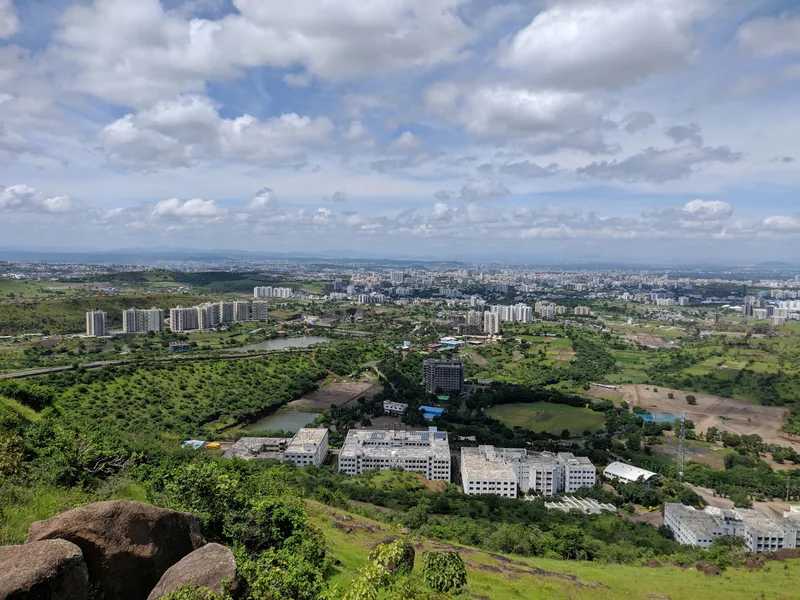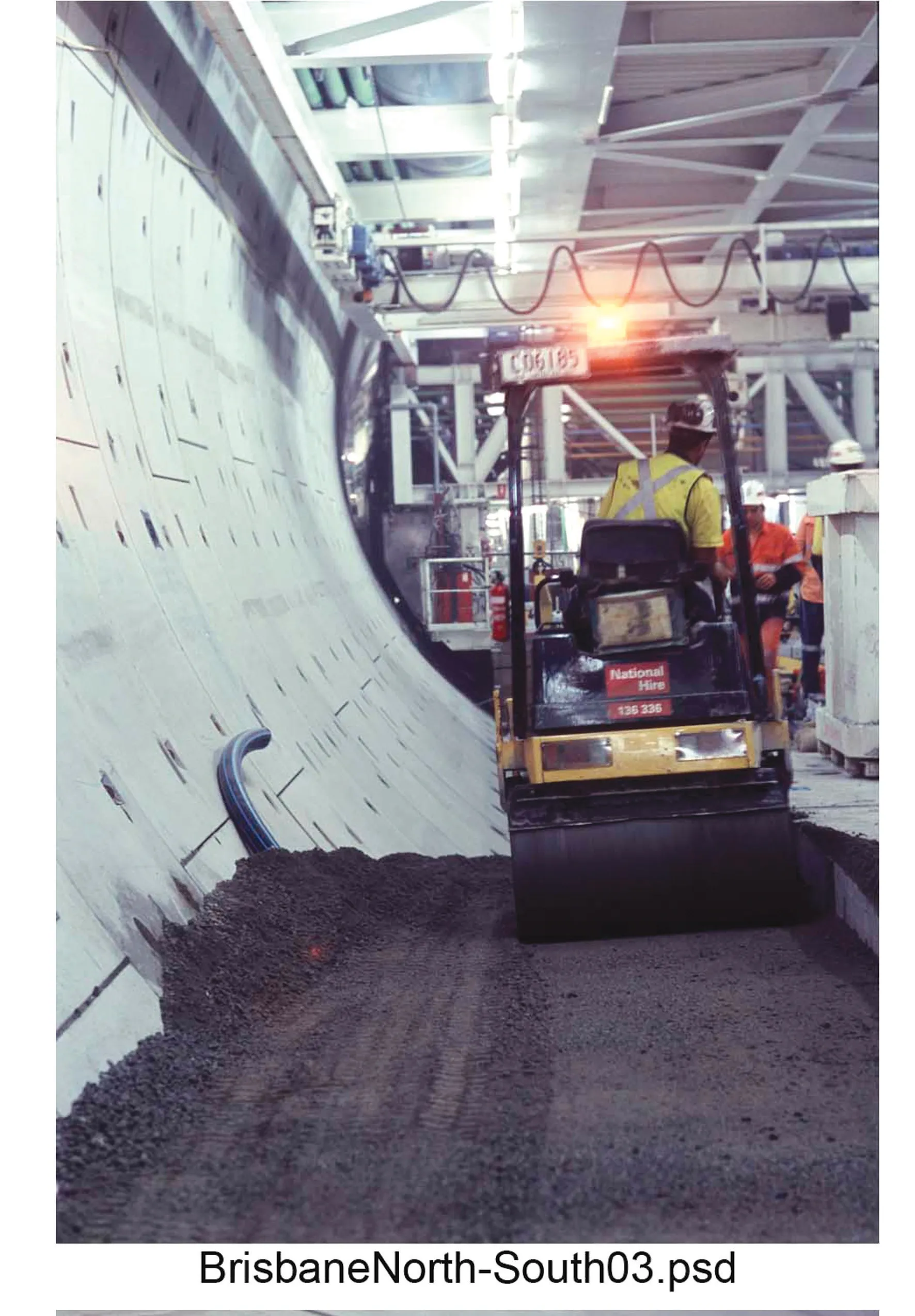The Vietnamese Government is moving forward with its project to build ring road No 4 around Hanoi.
February 23, 2012
Read time: 1 min
The Vietnamese Government is moving forward with its project to build ring road No 4 around Hanoi. The new ring road is expected to cost up to US$3.7 billion and as this will be a major construction project, it will take until 2020 to be completed. When completed the road will be 136km long and will feature six lanes, carrying three lanes of traffic in either direction. The ring road will feature a design speed of 100km/h and is intended to reduce the chronic congestion Hanoi suffers at present, by helping divert through traffic around the city. At present 2560 Vietnam's Ministry of Transport has submitted the zoning plan detailing the land required to the country's government and this will be reviewed before any approvals can be given. The tender process can only be announced once all the necessary approvals have been awarded.








